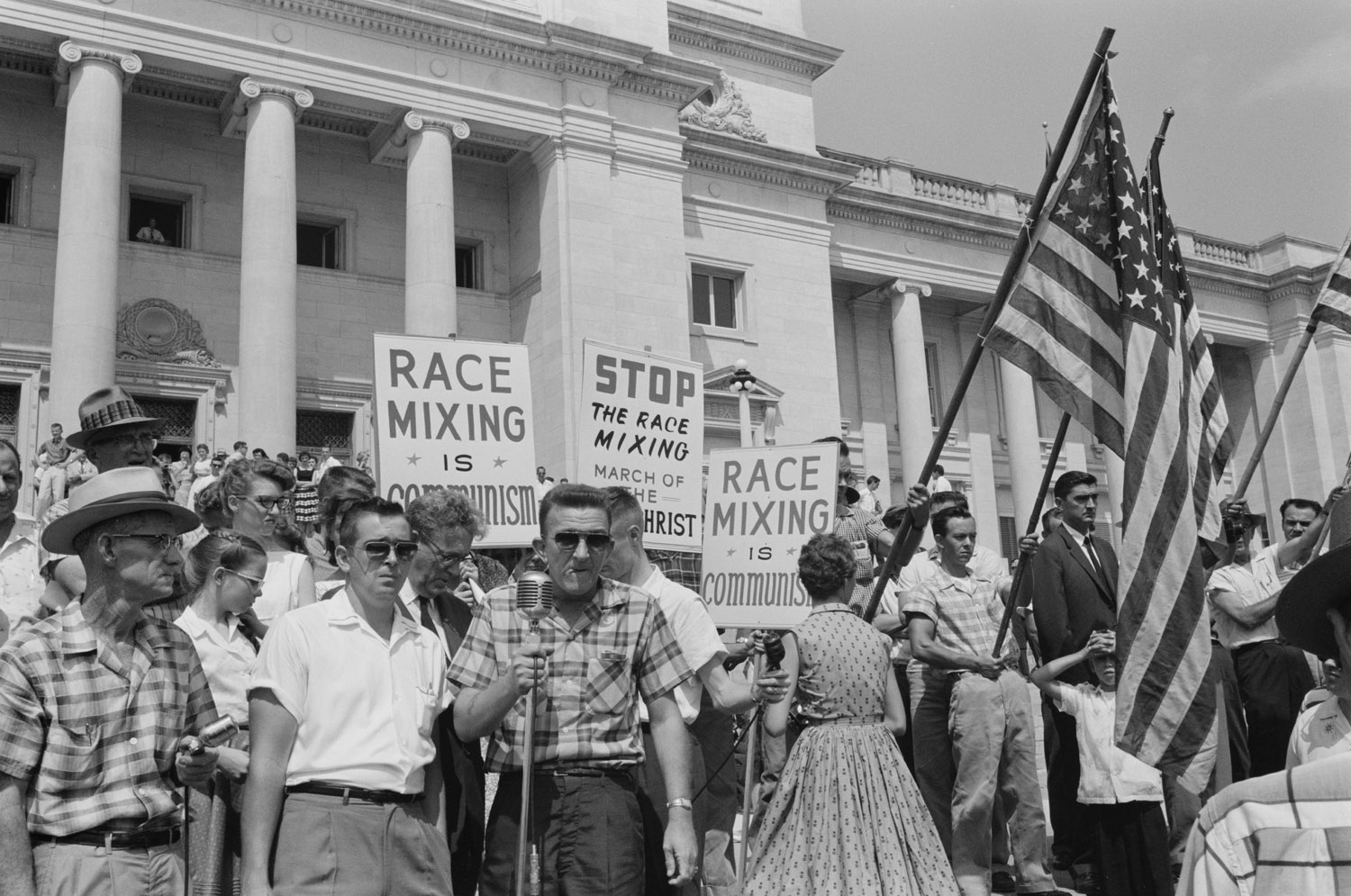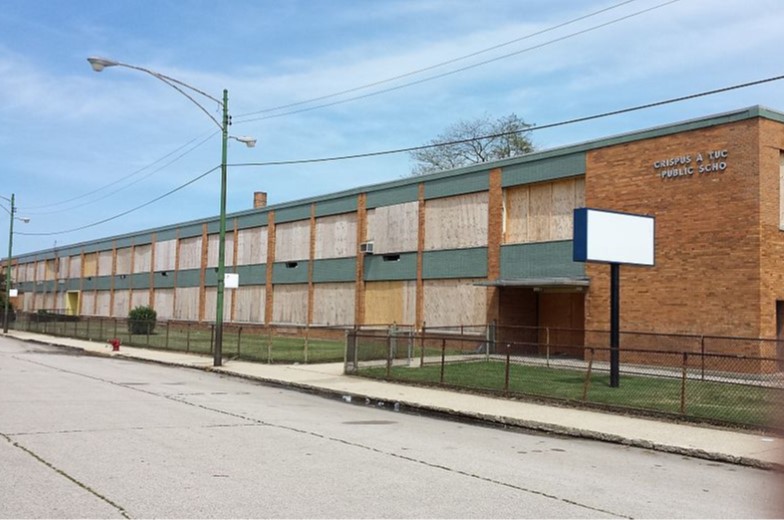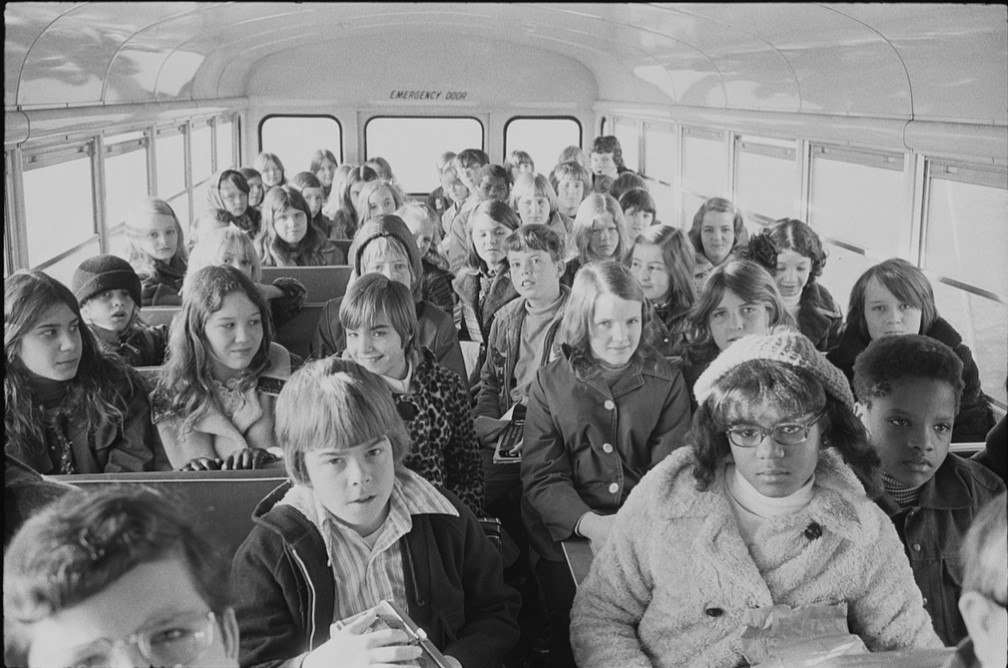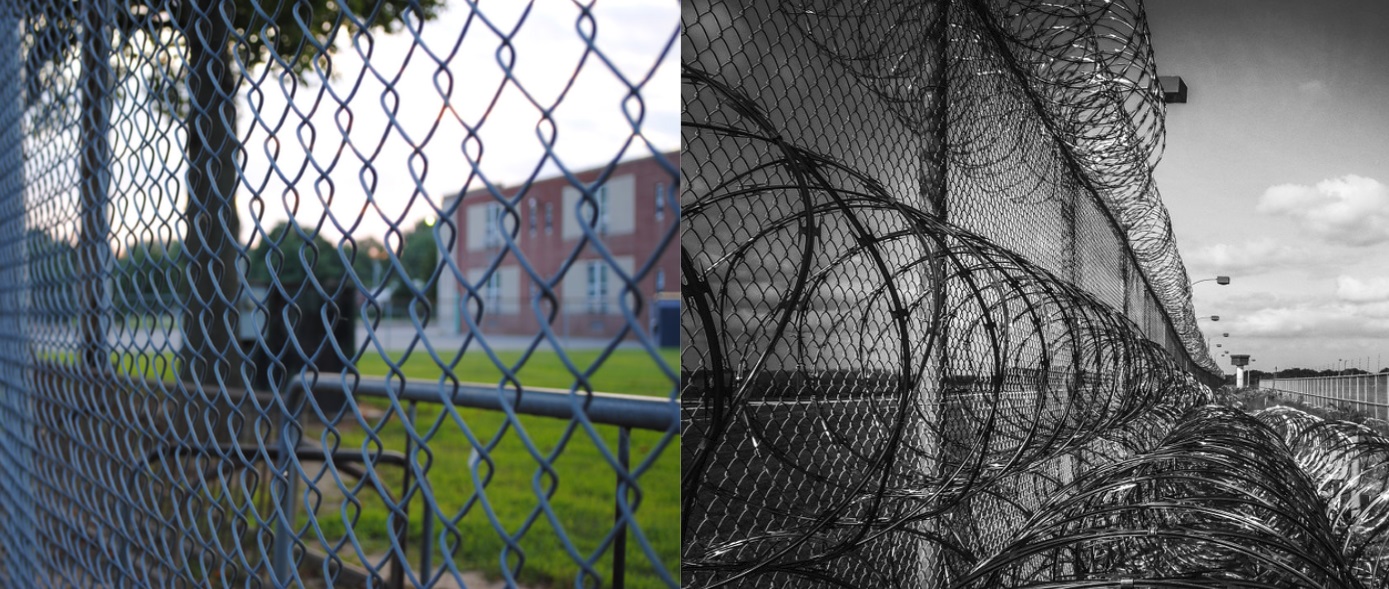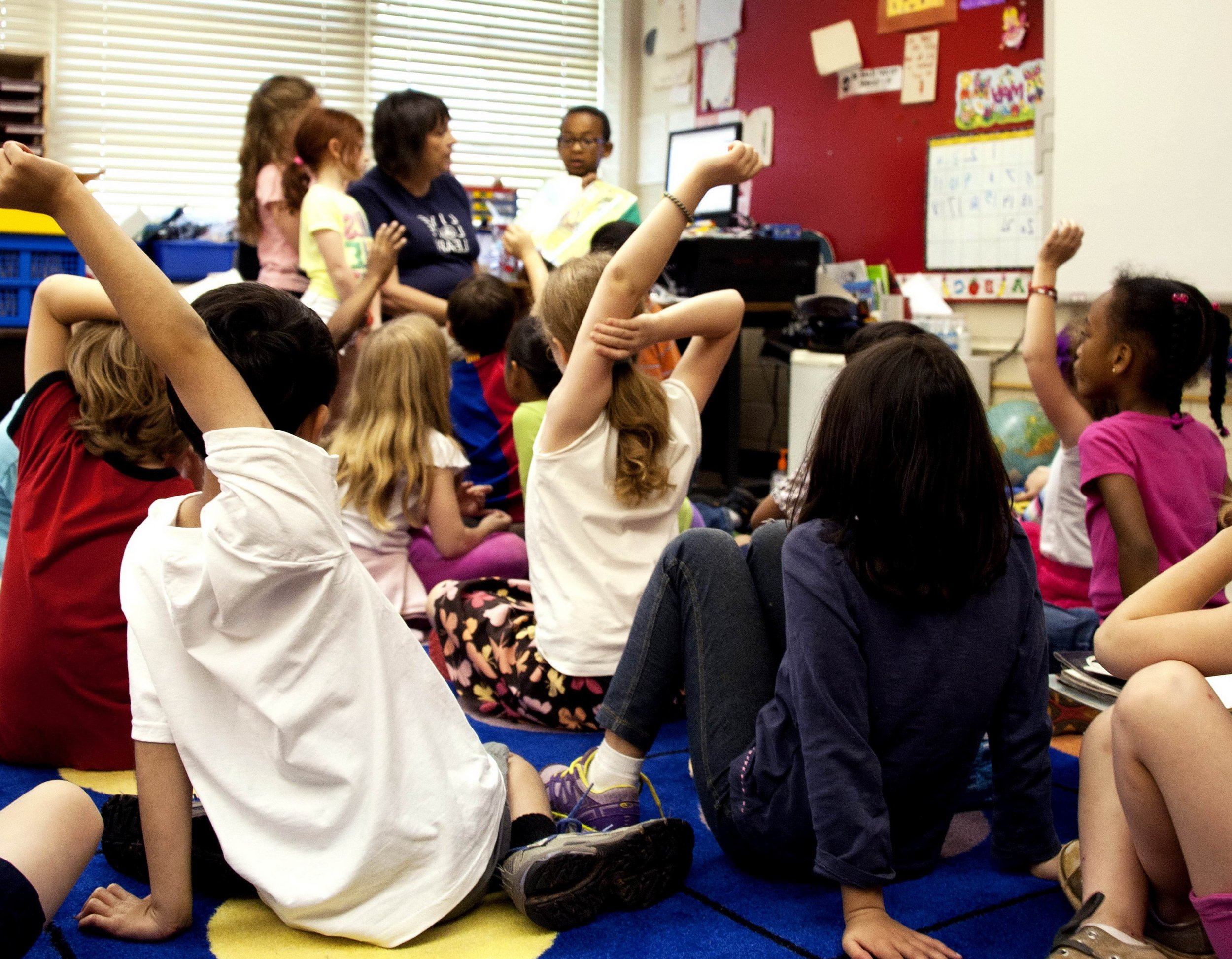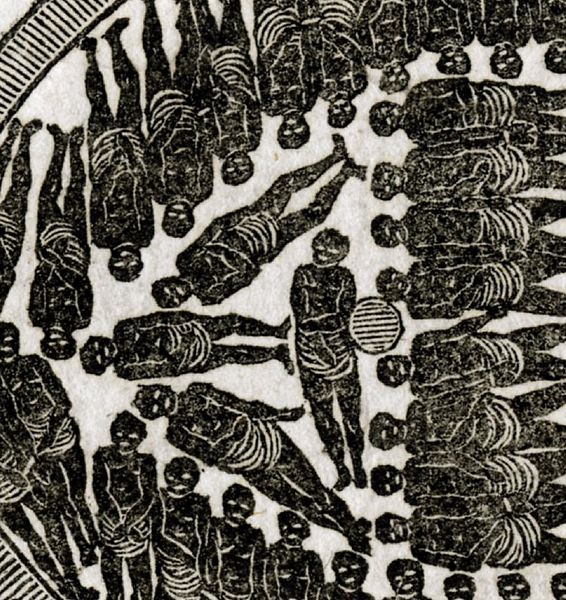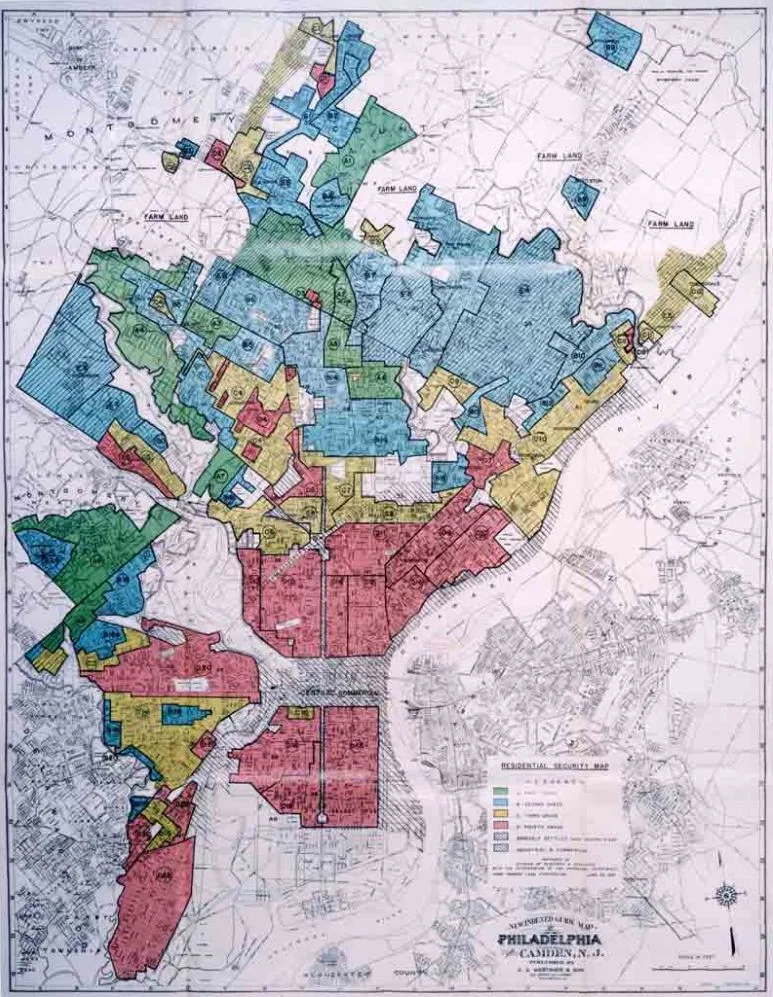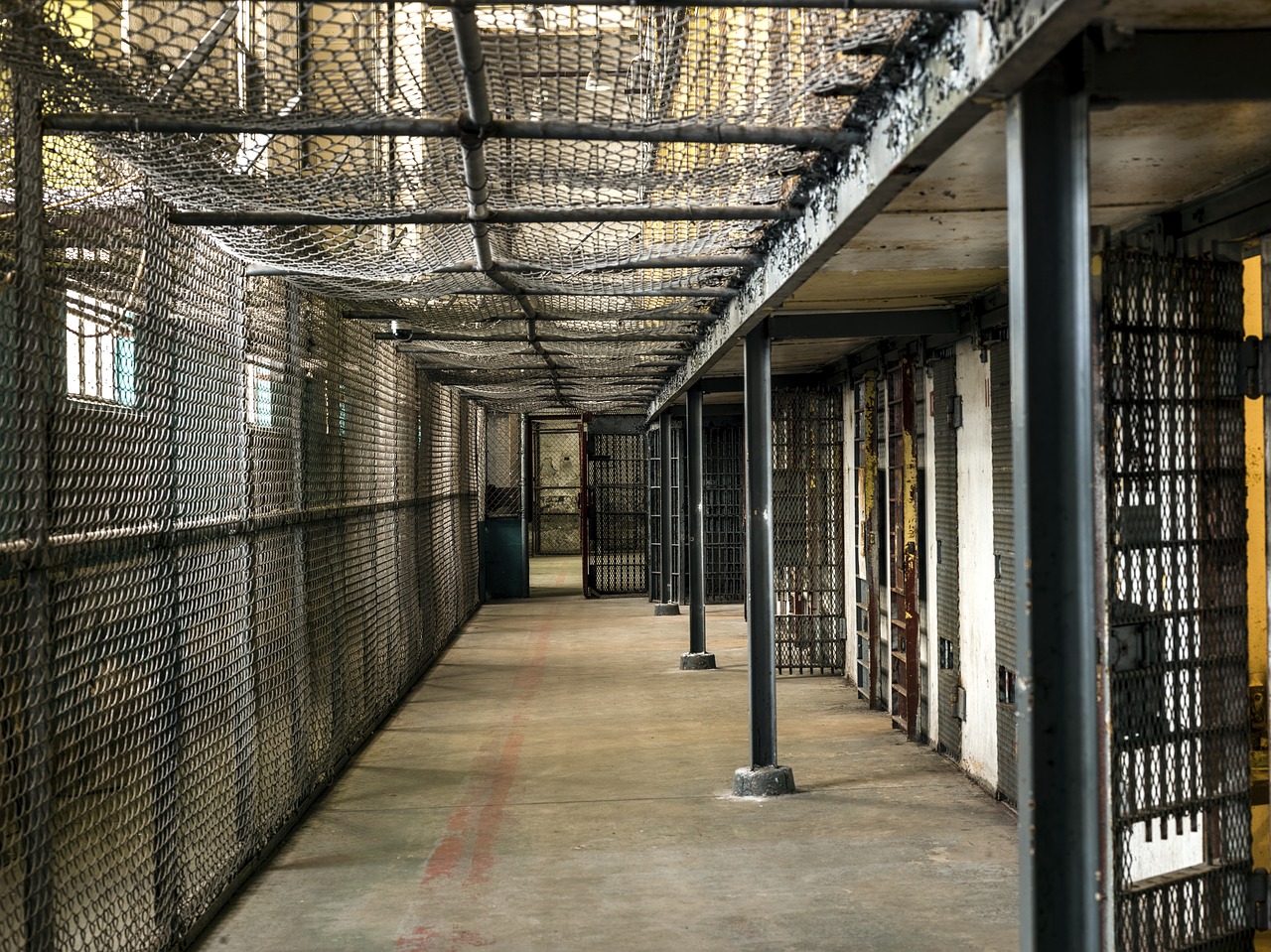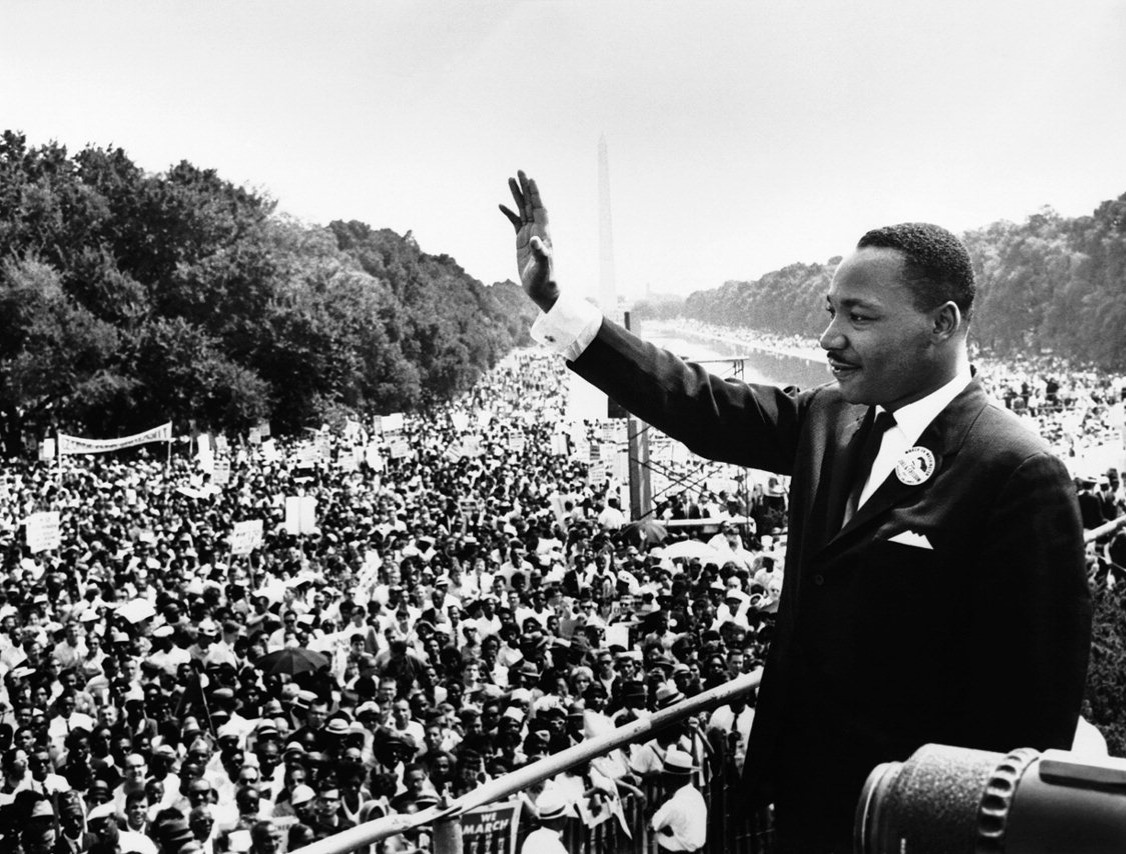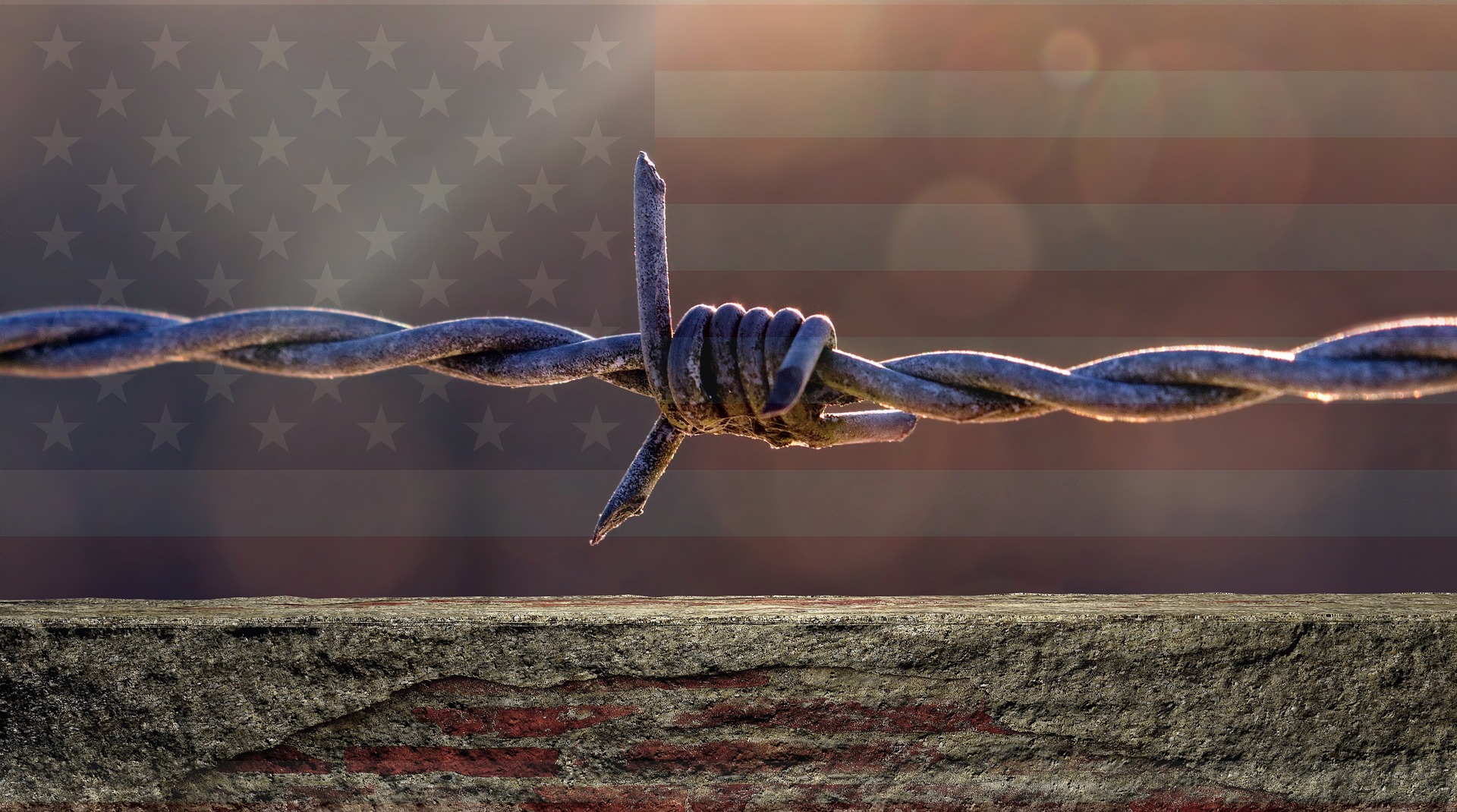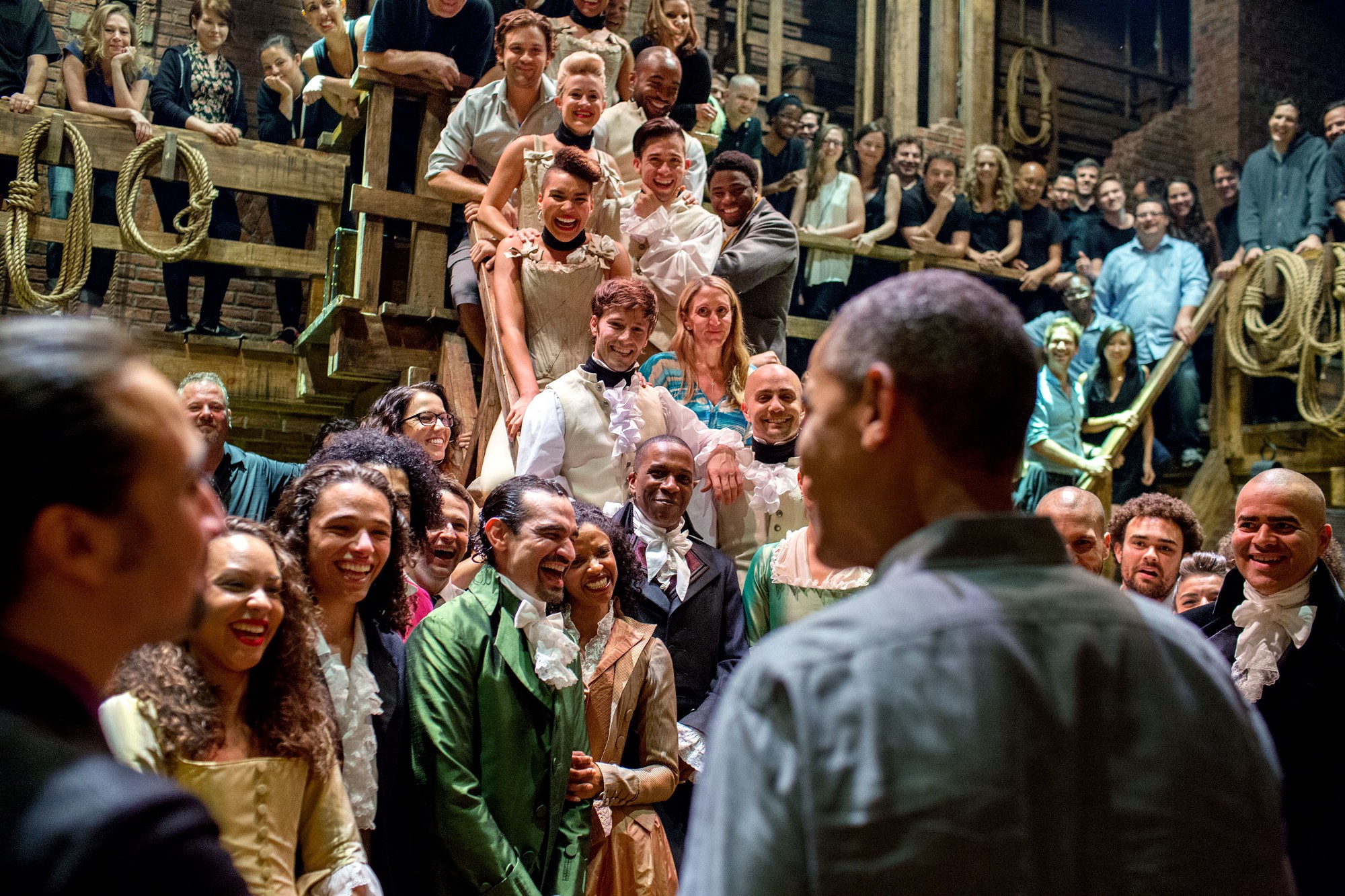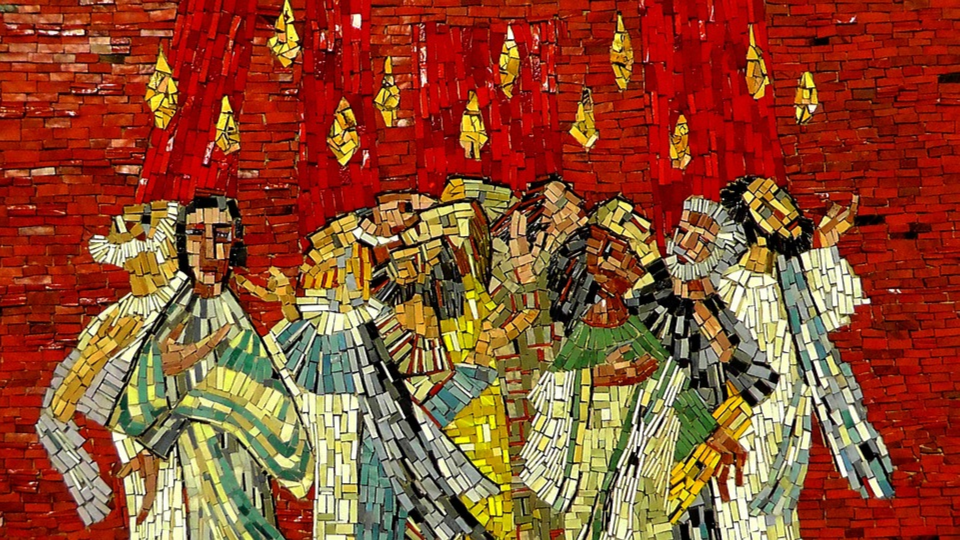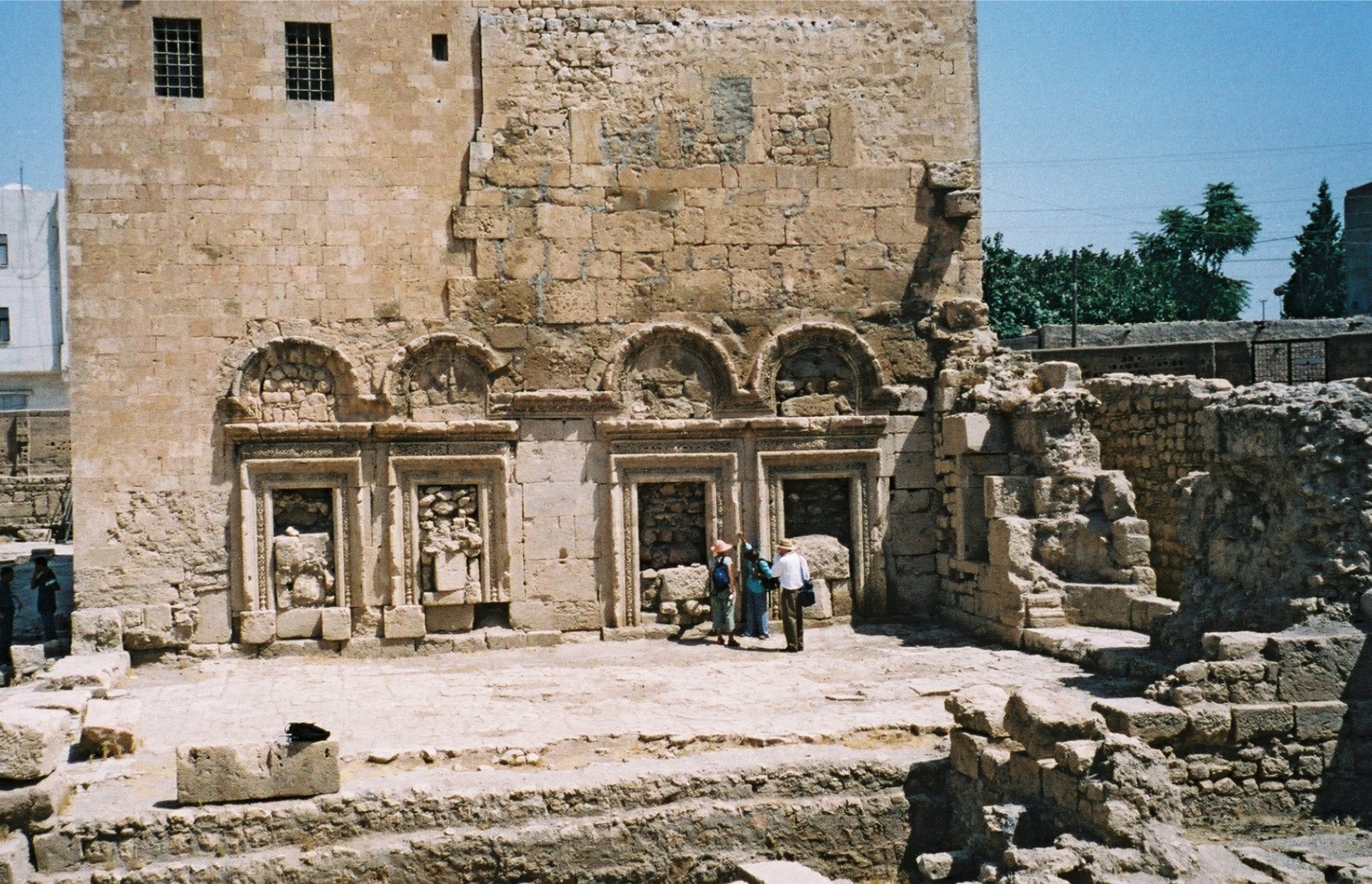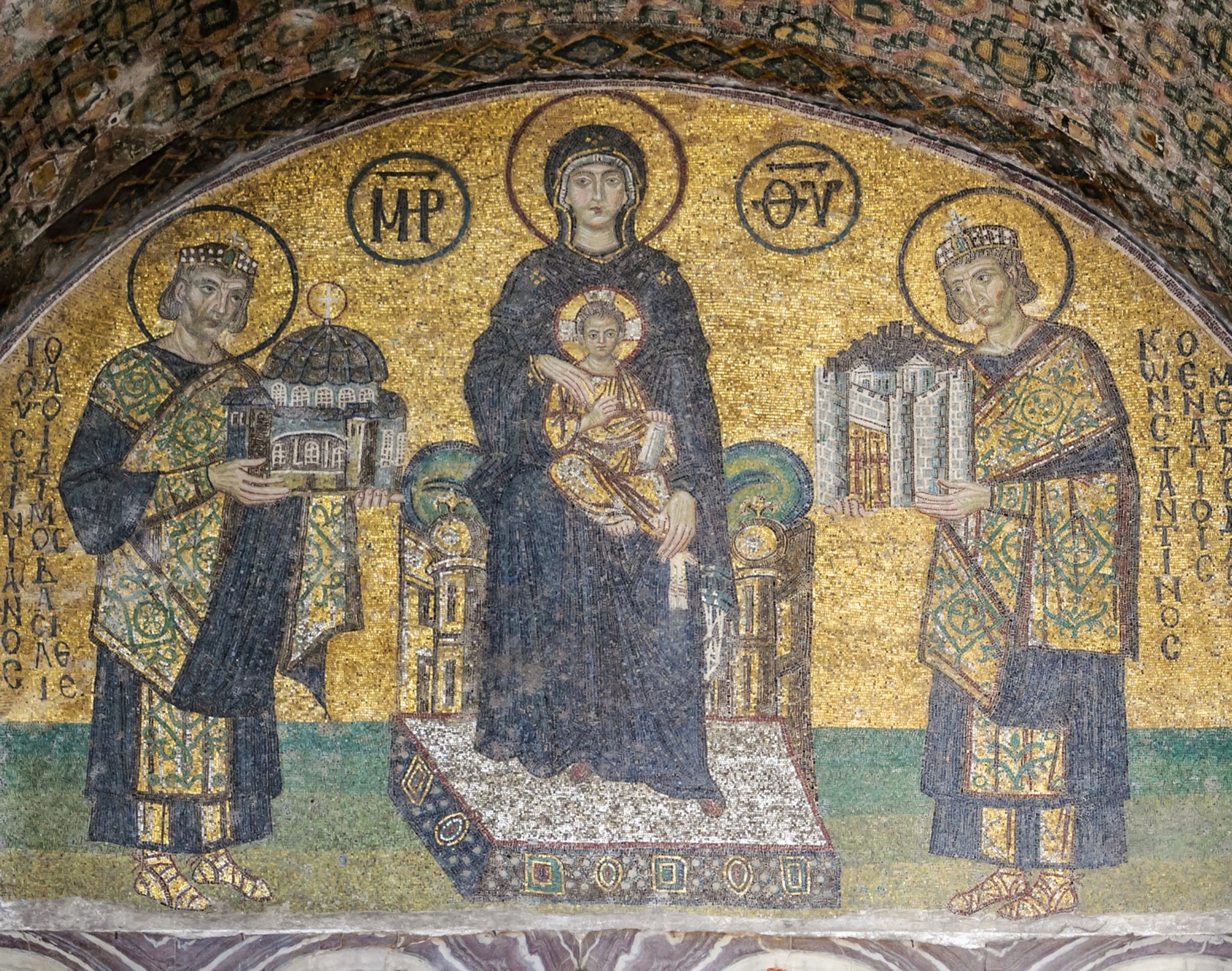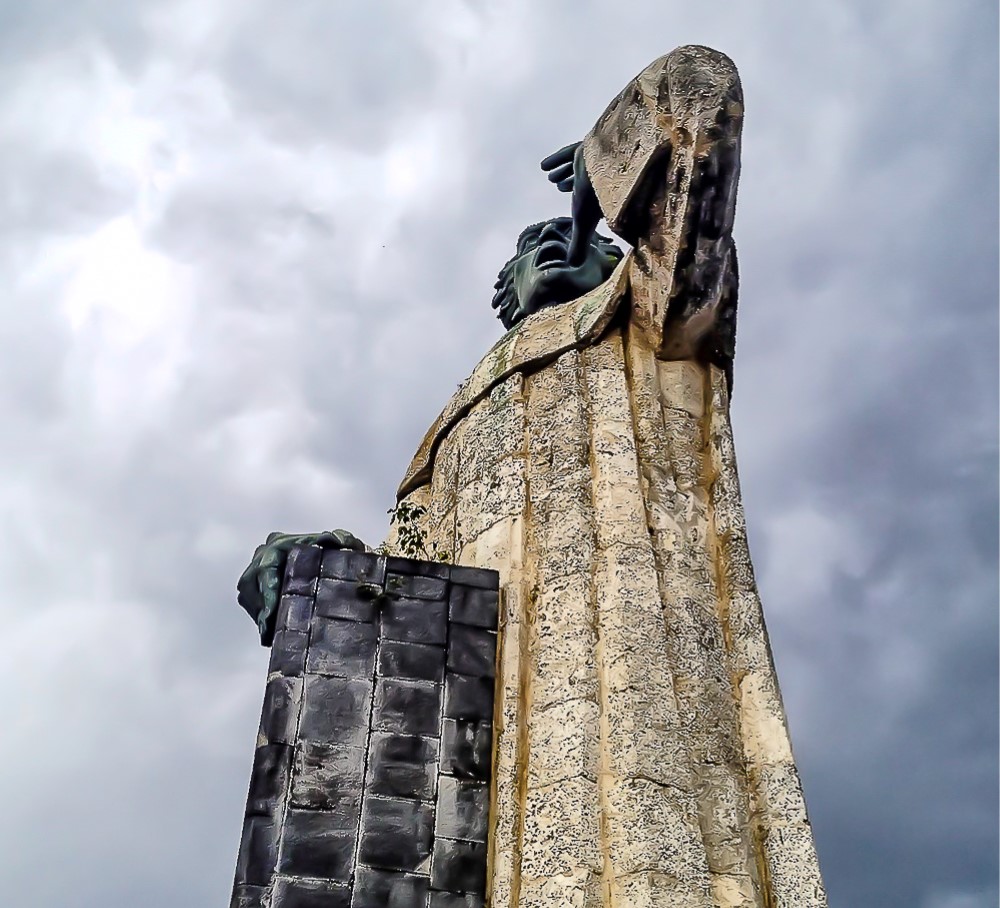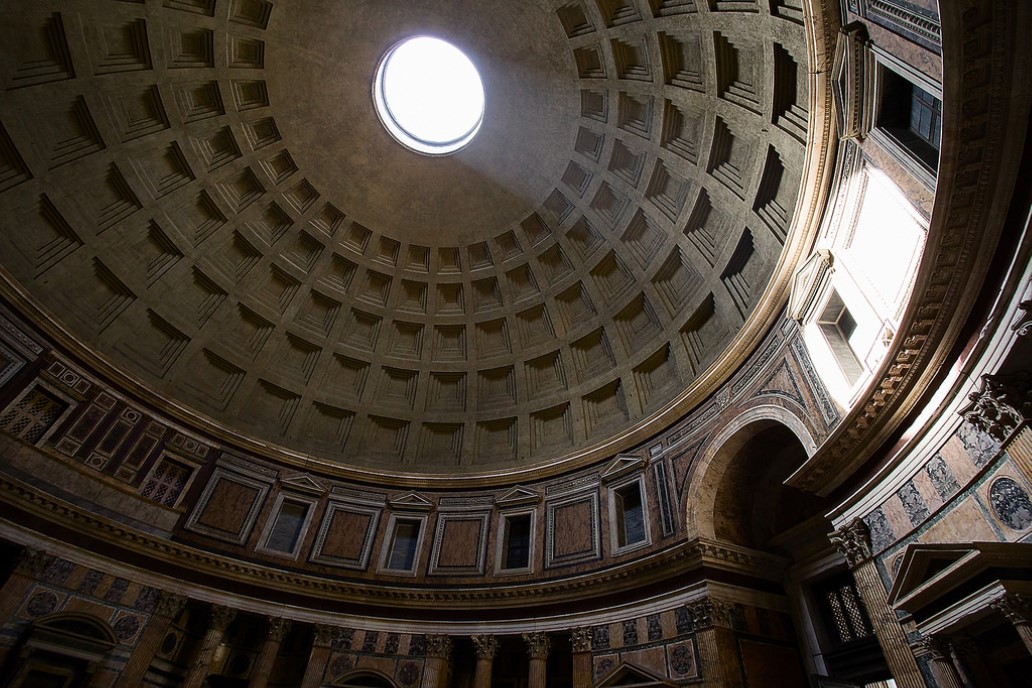Race and Schooling
Photograph: White segregationists rally in Little Rock, Arkansas, to protest school integration. This following the Little Rock Nine, who were the first black students to integrate Little Rock Central High School (1957), and Brown v. Board of Education (1954). Photo credit: John T. Bledsoe, Wikimedia Commons.
Introduction
The section is divided into topics related to race and schooling: School Inequalities; political efforts of Redistricting; and the School-to-Prison Pipeline. See below, or see our section featuring more general issues in Christian Restorative Justice and Education.
Conversation Stations
These are the images used in artistic physical displays. They are survey questions and conversation starters that are topically and thematically organized. They demonstrate how Jesus is relevant to each topic or theme. You can also just view the images on your device. If you would like, see all our Conversation Stations; below are the ones that relate to the topic of Race.
Whose Justice? (and instructions and Christian Restorative Justice Study Guide)
Whose Justice? for Harvard Law School
Is a Good Friend Hard to Find? (and instructions and conversation tree)
What Can We Do About Evil? (and instructions and conversation tree) and smaller version and brochure version
Que Podemos Hacer Sobre La Maldad? for the Asociacion Dominicana de Estudiantes Evangelico, 2014
Does the Good Outweigh the Bad? (and instructions)
Race What's the Problem? (and instructions) and brochure version
Messages and Resources on Race and Schooling
A series of blog posts where we explore how Christian (mostly Protestant) heresies started and continue to influence our modern political and racial challenges. This includes the very notion of race itself, and how our modern economics, housing, schooling, and policing systems have been shaped. Christians must take responsibility for these heresies in the framework of repentance. We have designed a study guide to accompany the blog posts. Please consider using it for personal reflection or discussion in your family, church, organization, etc.
A small group discussion guide to a few major issues in public schooling, and how church communities can partner with local schools. Topics include: school financing; residential segregation; whether charter schools should be able to fire students; the school-to-prison pipeline; and the honoring of teachers.
Slides to a presentation summarizing the remarkable dignity that Christians perceived in children, who had no inherent dignity or status in pagan Greco-Roman cultures. This impacted views on infanticide, abortion, social welfare, and education. Based on outstanding research by O.M. Bakke, When Children Became People: The Birth of Childhood in Early Christianity.
Christian Restorative Justice: Beyond Charity - God's Restorative Justice for Children and Families
Slides to a presentation glancing at how Christians have historically supported children and their livelihood and development, such as for literacy and against child labor abuse.
Sangwon Yang and Mako Nagasawa, The Myth of Meritocracy in Schooling, Part 1
The Anastasis Center Blog, Nov 12, 2018. A 10 minute read. This post highlights the impact of resource inequality on educational outcomes and student experience. As background, see also the two posts about racial segregation in housing: The Myth of Meritocracy in Housing, Part 1 (blog, Nov 3, 2018), and The Myth of Meritocracy in Housing, Part 2 (blog, Nov 5, 2018)
Sangwon Yang and Mako Nagasawa, The Myth of Meritocracy in Schooling, Part 2
The Anastasis Center Blog, Nov 19, 2018. A 10 minute read. This post highlights the impact of resource inequality and racial-cultural dynamics on disciplinary outcomes and student experience.
Race and Schooling: Topics:
This section on Race and Schooling includes School Inequalities; political efforts of Redistricting; and the School-to-Prison Pipeline. See those pages or our section featuring general issues in Christian Restorative Justice and Education.
Race: Topics:
This page is part of our section on Race, which contains the following: Slavery examines the intersections of religious beliefs and slavery, both in the U.S. and elsewhere during colonialism. Land explores Native American land seizure, white supremacy in housing, gentrification, and environmental racism. Finance spotlights racial discrimination in access to capital. Criminal Justice highlights historical racism not only in disparities but practices like convict-leasing, lynching, and hate crimes. Employment lists forms of discrimination in the workplace, hiring, labor unionizing and participation. Eugenics traces the history of eugenics in white American and elsewhere. Schooling examines disparities in the educational system and racial impacts of funding and administration. Power examines the use of race in political campaigns, the procedural justice wrongs such as voting rights denied and gerrymandering, substantive justice wrongs like education, health, and welfare, and racial fascism in the U.S. Immigration examines the moral, economic, and political challenges of immigration, along with the political manipulation of immigration as an issue. Child Development highlights racial implications in emotional development and psychological awareness. Health examines the significance of race disparities from epigenetic factors, environmental factors, medical treatment, and health care politics. Beauty examines how race impacts notions of beauty and professionalism. Race is part of our critique of the political Right and Left in the U.S.
Church and Empire: Topics:
The following topics are also listed under the “Church and Empire” section of our website. They are offered here to remind us what Christian faith was like prior to colonialism, and in resistance to colonialism, to show that Christianity is not “a white man’s religion.”
